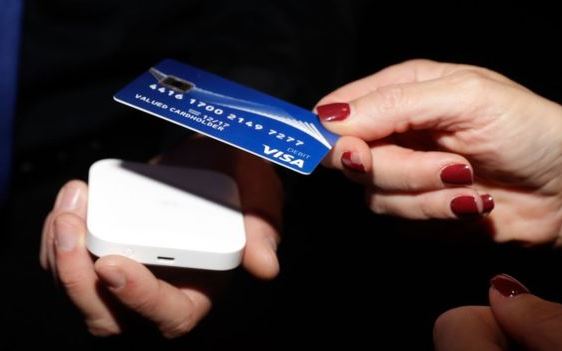
In more and more places cashless payment is becoming the only means of payment accepted, making life more complicated – and more expensive – for people who still don’t have a computer at home or are not familiar with using the internet.‘
We’re not against the 
Digital inclusion is a key issue for PRO which provides training to many pensioners all around Sweden.






